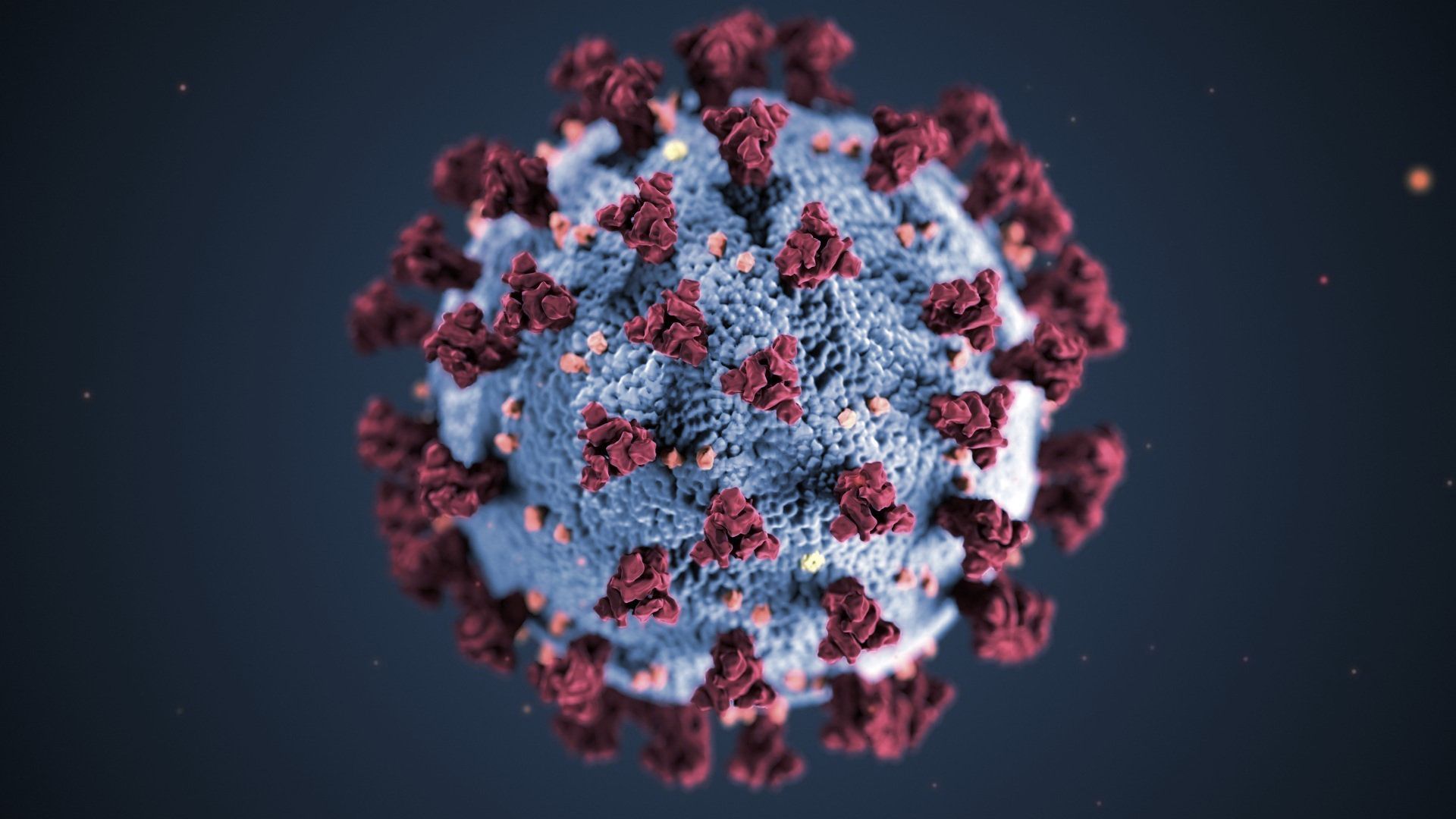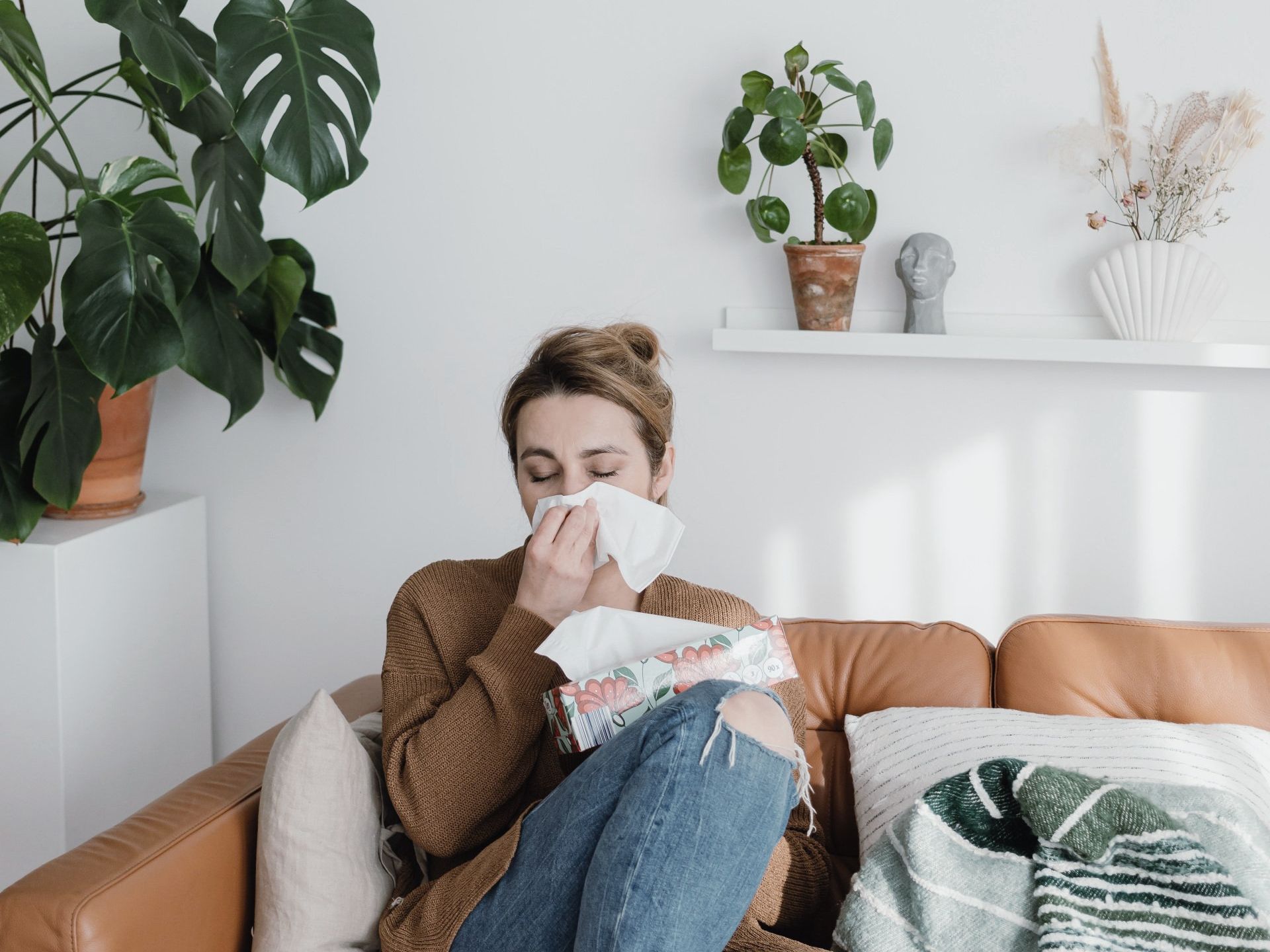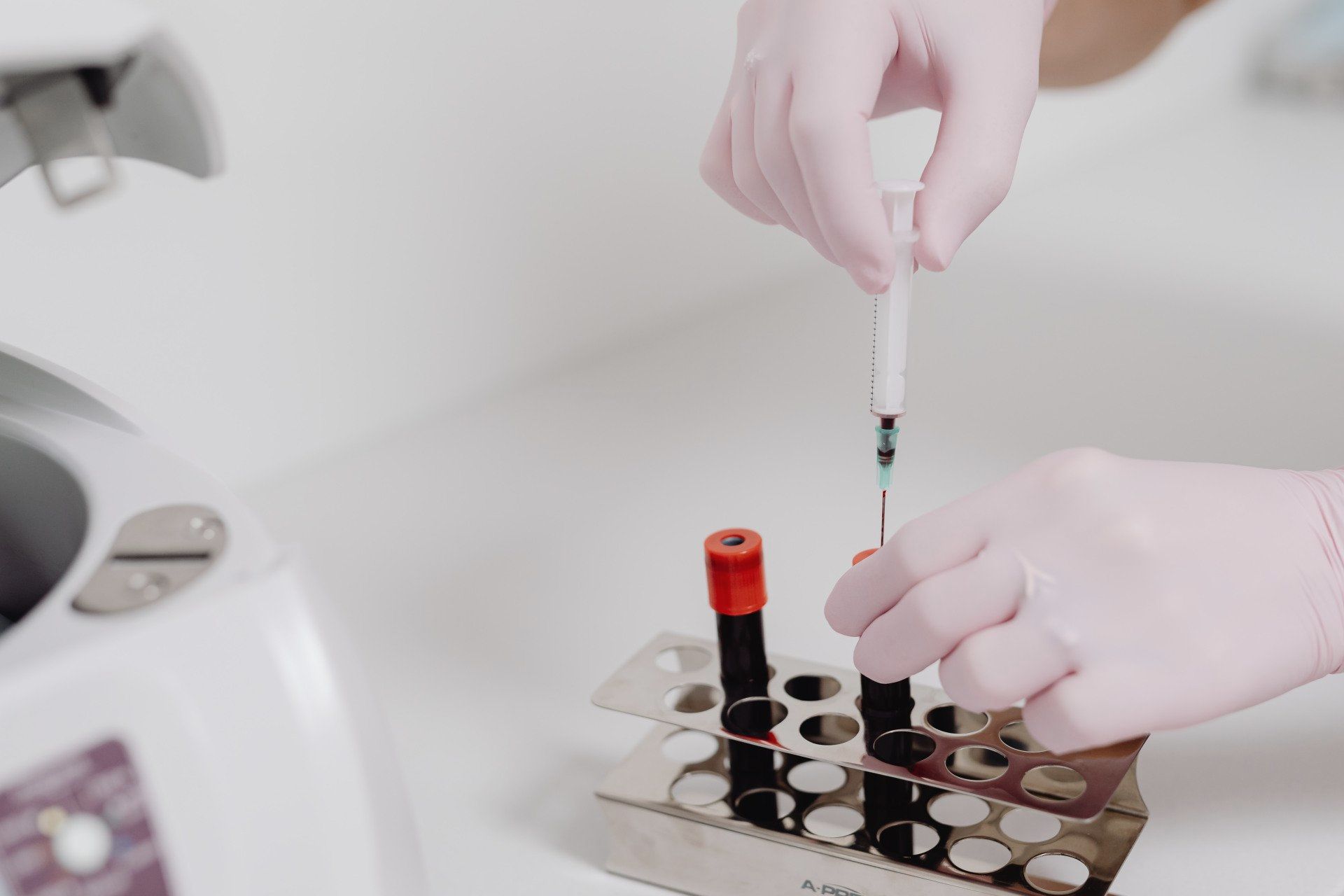What Antimalarials Should I take Before Jetting Off?
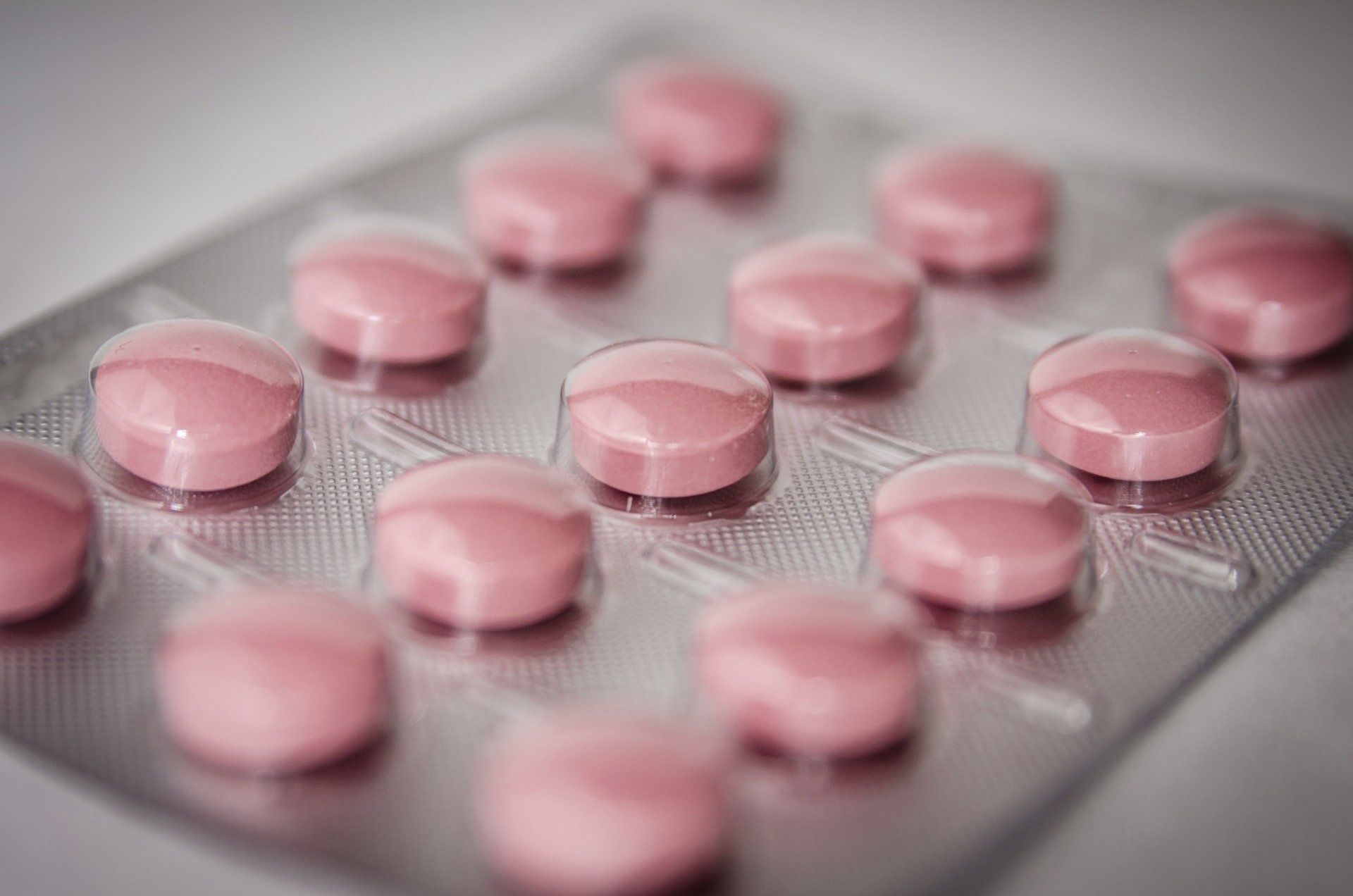
Malaria is a parasitic disease spread by infectious mosquitos that are commonly found in tropical or subtropical regions. Normally, these mosquitoes have parasites. Malaria is a potentially fatal disease if not treated on time. Keep reading to find out what drugs you can take to treat Malaria.
Fortunately, taking malaria pills will protect you from contracting this ailment. If you intend to go outside the country, it is critical to determine whether the country to which you are travelling is malaria-endemic. To provide optimal protection, it’s advisable to take malaria tablets ahead of, during, and after your intended trip.
What are the symptoms of Malaria?
Malaria can be difficult to detect, however, symptoms include the following:
- A fever, sweats, and chills
- Headaches and a sense of bewilderment
- Extreme exhaustion and drowsiness (especially in children)
- Suffering from nausea and vomiting, abdominal discomfort, and diarrhoea
- Appetite loss
- Muscle aches
- Yellow skin
- A sore throat, coughing, and breathing difficulties
These symptoms often manifest between seven and eighteen days after being bitten by an infectious mosquito.
However, sometimes you may not experience symptoms for months, if not years, following your holiday.

What are malaria tablets? (Drugs to treat Malaria)
These are medications that protect you from Malaria by assisting your body in fighting the disease-causing parasite. Mosquitoes are the primary vectors for this parasite, which enters the body when a person is bitten by an infected one.
You must use antimalarials carefully and in conjunction with a few other steps to prevent mosquito bites, to provide the best protection. Their effectiveness is significantly reduced if they are not taken as prescribed.
Malaria medications are typically only available by prescription. Nonetheless, you can avoid the inconveniences associated with GP visits by obtaining them from Fusion Pharmacy.
How can I avoid contracting Malaria?
You can prevent and treat Malaria with medication such as antimalarial pills. Consider taking the tablets just before travelling to malaria-endemic areas.
It’s preferable to start at least four to six weeks before your trip, although you can still get assistance at the last minute if necessary.
Your pharmacist can provide antimalarial medication to decrease your chance of contracting Malaria and instruct you on how to avoid mosquito bites.
Antimalarial medications can significantly reduce your risk of contracting Malaria by over 90 percent.
A pharmacist will often require the following information in order to decide the type of antimalarial pill to prescribe:
- Your destination
- Any pertinent family medical history
- A traveller’s medical history, including any medication allergies
- Any medicine you are currently taking
- Problems you’ve had in the past with antimalarial drugs
- Your age
- Your pregnancy status
Prior to departure, you may need to complete a trial course of antimalarial medications. It is often a brief course designed to determine whether you have any unfavourable responses or side effects. If you experience severe side effects, you may be prescribed antimalarial medication prior to travelling.
Because no medicine is 100 percent effective, mosquito bite prevention is critical. Among these preventive steps, you should also include the following:
- Sleeping beneath bed nets: It should completely encircle the bed and extend all the way to the floor. When treated with an insecticide, these nets are quite effective.
- Wearing clothing that covers the majority of exposed skin and enclosed shoes can help lower the risk of bites. All clothing should be tucked in, and pants should also be tucked into your socks to avoid ankle exposure. Additionally, treating clothing with pesticides can help further reduce bites.
- It’s critical to apply insect repellent to the exposed skin.
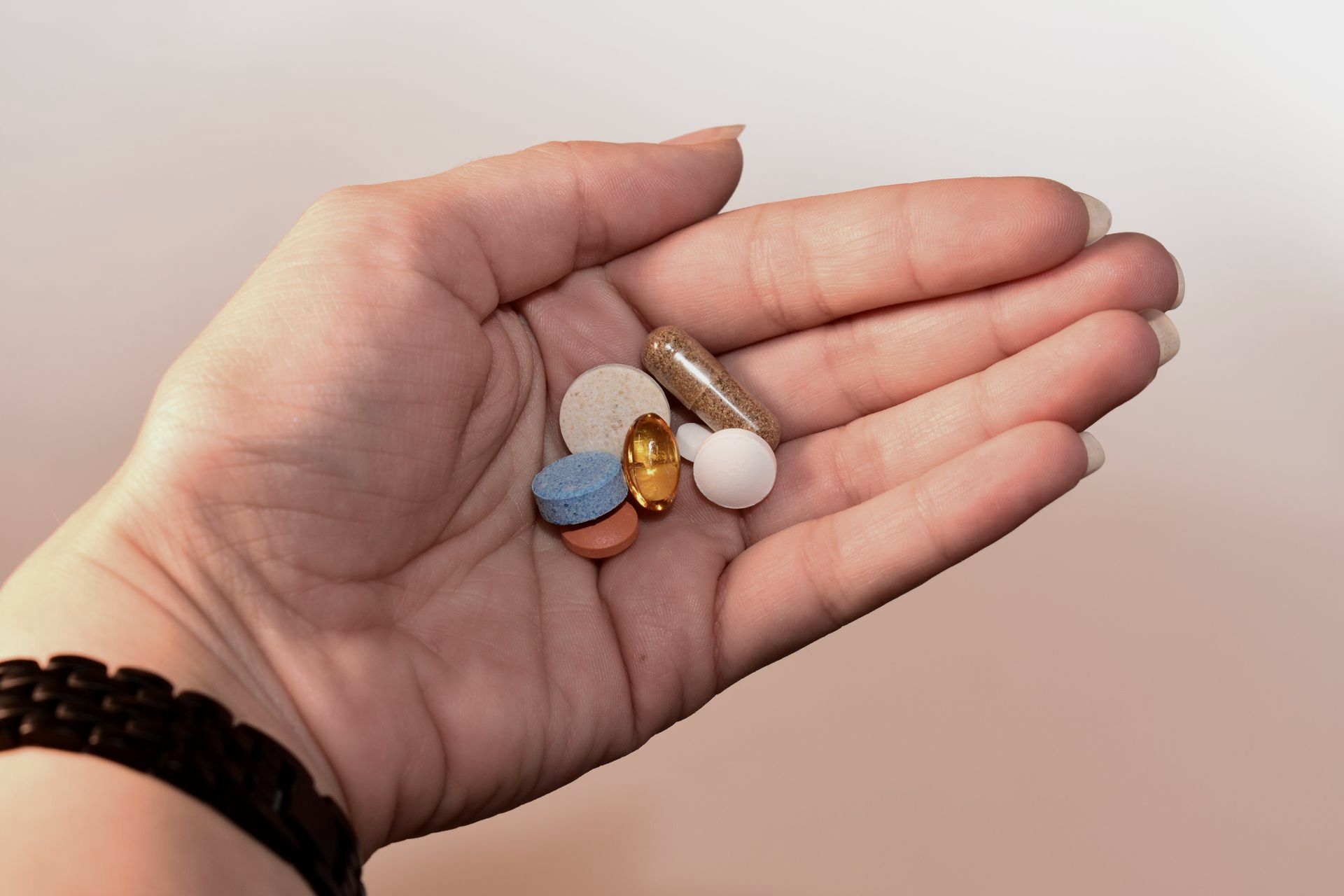
What are the names of drugs to treat Malaria?
The most often prescribed drugs include:
- Chloroquine (Aralen)
- Doxycycline (Oracea, Vibramycin, Adoxa, Atridox)
- Quinolone (Qualaquin)
- Mefloquine (Lariam)
- Atovaquone (Malarone)
- Coartem (artemether/lumefantrine)
- Primaquine phosphate (Primaquine)
How do you treat Malaria?
Malaria is treated using prescription medications that effectively eliminate the parasite. The type of medication and duration of treatment will vary according to:
- Which sort of malaria parasite infection you have
- The degree to which your symptoms are severe
- Your chronological age
- Whether you are pregnant or not

Drugs to treat malaria
The most frequently used antimalarial medications are as follows:
- Chloroquine phosphate. Chloroquine is the medicine of choice for parasites that are sensitive to it. However, in many regions of the world, parasites have developed resistance to chloroquine, rendering the medicine ineffective.
- Artemisinin-based Combination Therapies (ACTs). ACT is a blend of 2 or more medications that function in distinct ways against the malaria parasite. This is typically the primary treatment for Malaria that is chloroquine-resistant. Artemether-lumefantrine (Coartem) and artesunate-mefloquine are two examples.
- Atovaquone-proguanil (Malarone). Malarone is a combination of atovaquone and proguanil. It’s used to prevent and treat malaria caused by the bites of Anopheles mosquitoes.
- Quinine sulphate in combination with doxycycline (Qualaquin) (Oracea, Vibramycin). Doxycycline is used to prevent malaria, as well as treat chest infections, dental infections and rosacea.
- Primaquine phosphate
Here are also some of the best malaria drugs you can buy:
- Malarone Paediatric (For Children)
- Malarone
- Doxycycline




